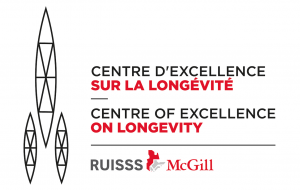Assistive technology for cognition to increase safety at home: COOK
Background
Maintaining the ability to prepare meals independently while suffering from Alzheimer’s disease (AD) is of paramount importance to both sufferers and their caregivers. Beyond it being necessary to feed oneself, meal preparation supports self-esteem and maintenance of social roles. However, numerous difficulties relating to task completion and inherent safety concerns, such as burns and fire hazards, make this a high-risk activity for individuals with cognitive deficits.
The CRIUGM research team has recently developed a culinary assistant called COOK. This project, which received funding through the CIHR/NSERC program (2013–2017), consisted in the development of a first version of COOK and in its implementation for three individuals with severe traumatic brain injuries. Since the project’s implementation, these three persons started cooking again, and are currently preparing their own meals several times a week. New features should thus be developed in the COOK assistant to optimize it for this clientele.
Objectives
- Identification of the main difficulties encountered during meal preparation as well as the type of verbal assistance required to facilitate greater independence and safety when cooking a hot meal using a stove and within the home
- Usability testing of an existing cooking assistant, named COOK, in a laboratory context with participants suffering from either MCI or AD, families and clinicians
- Technological development for improving and enlarging COOK’s prompting repertoire
Methods
The design is a participatory research with 3 assessment sessions.
The first assessment session includes a presentation of the project and neuropsychological testing. The second and third assessment sessions are conducted at the person’s home and consist in the administration of the performance-based assessment twice.
Participants diagnosed with amnestic MCI due to AD — high likelihood and participants with AD are recruited in the early phases of the disease, i.e. phases 2–4 according to the FAST scale.
Prospects
Identification of specific patterns of errors and difficulties for sufferers of MCI and AD when executing activities related to meal preparation will help develop a better understanding of the impact of such diseases on everyday living
Guide the development of interventions, including technological solutions
Advancing research in the area of context aware prompting based on finely detailed analysis of the behaviours of real participants
Partners
Memory Clinic, Jewish General Hospital
Centre de recherche de l’Institut de gériatrie de Montréal (CRIUGM)



